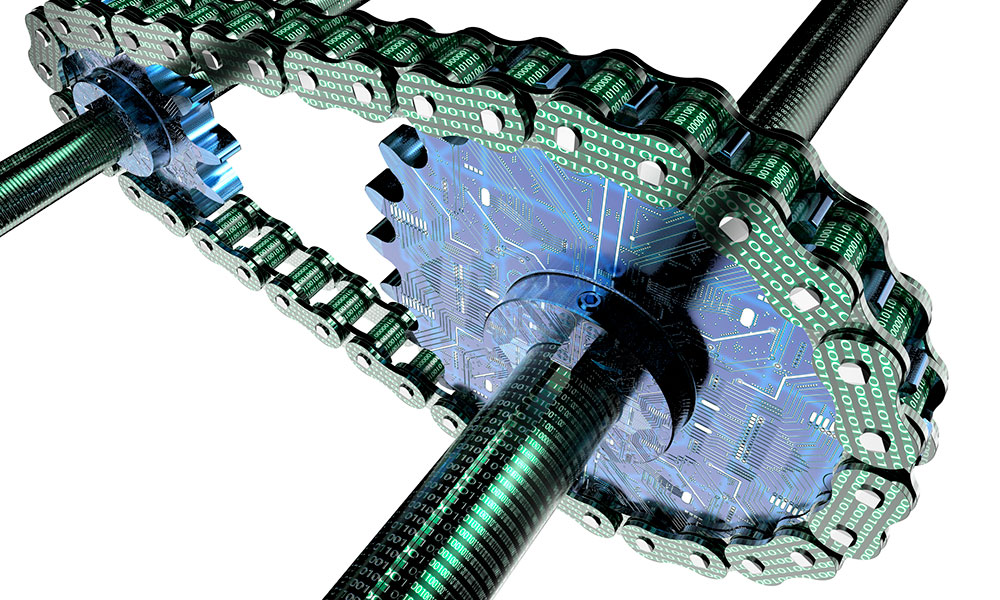
National Association of Realtors Analyzes Blockchain’s Potential
The real estate trade group, in a series of recent reports, is starting to make the case that blockchain database technology, traditionally associated with currency, could have important uses in the housing sector.
It might be a bit surprising to casual observers, but the National Association of Realtors (NAR) sees a lot of potential in blockchain.
The disruptive database technology, best known for its association with bitcoin, has increasingly drawn interest in other spheres. NAR is looking into how blockchain could manage transactions more effectively—especially through its ability to support “smart contracts,” which remove the need for a centralized server.
Last month, the group released a white paper on the technology [PDF] and its potential benefits for real estate firms, which it says go far beyond the financial arena.
“Skepticism surrounding digital currency often leads people to ignore the beneficial aspects of blockchain technology,” the report states. “However, nonfinancial industries implementing blockchains, like supply chain management, recognize its benefits and are actively involved in exploring the technology. Real estate applications have more in common with supply chain than digital currency, so we should begin to take notice of blockchain and its potential to transform the real estate industry.”
The report details specific scenarios in which real estate transactions would benefit from using blockchain, including tracking changes with title plants and county recorders and improving the way property information is listed.
The latter is particularly interesting, the report states, as it could accurately track events throughout the history of a property.
“Blockchains capture a more holistic view of events resulting [in] greatly improved analytics in real estate markets,” the report states. “One could even envision applications that help the agent develop more effective showing strategies based on traffic patterns from showings with similar layouts.”
A corresponding story in NAR’s Realtor magazine highlights how the technology cuts down on transaction costs, prevents fraud, and removes intermediaries. It also creates redundancy, which will help prevent the destruction of important information.
“The built-in redundancy means that if data is destroyed on your memory or even multiple users’ memories, it can still be retrieved from other members of the network,” author Viktor Weber wrote. “The government of Haiti lost most of its land register in the 2010 earthquake, which is why they’re now among a number of countries that are analyzing the possibility of using blockchain distributed networks to secure their data against future disasters.”
While NAR expects that the process of blockchain uptake might be slow—the white paper notes that the industry “will experience high-profile poor implementations at first”—the group and its members are keeping a close eye on it.
(iStock/Thinkstock)






Comments